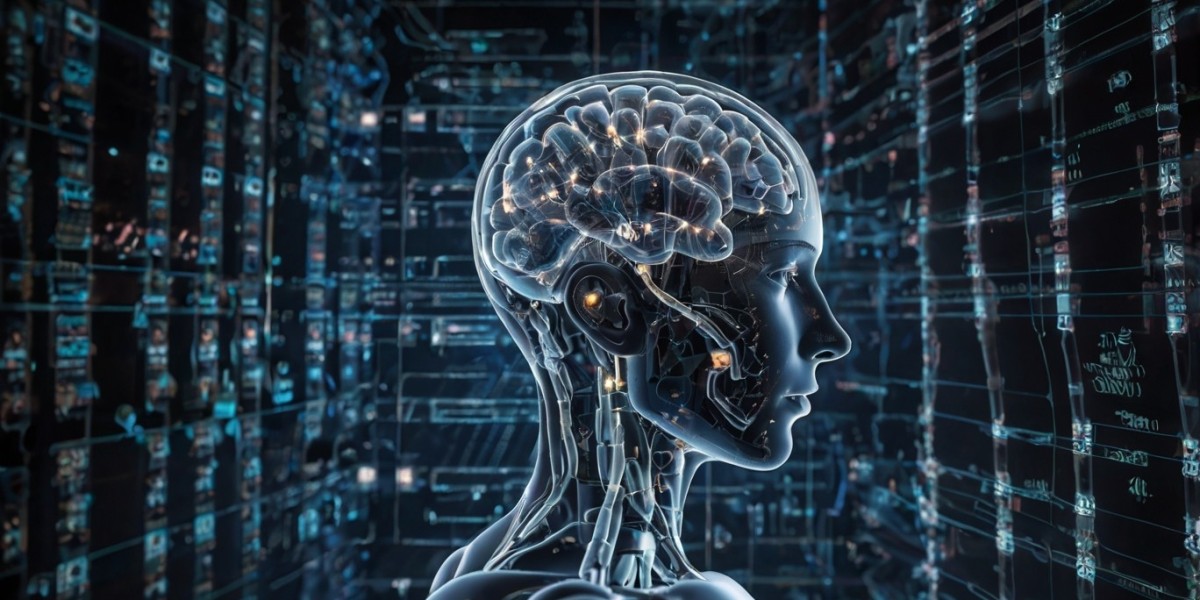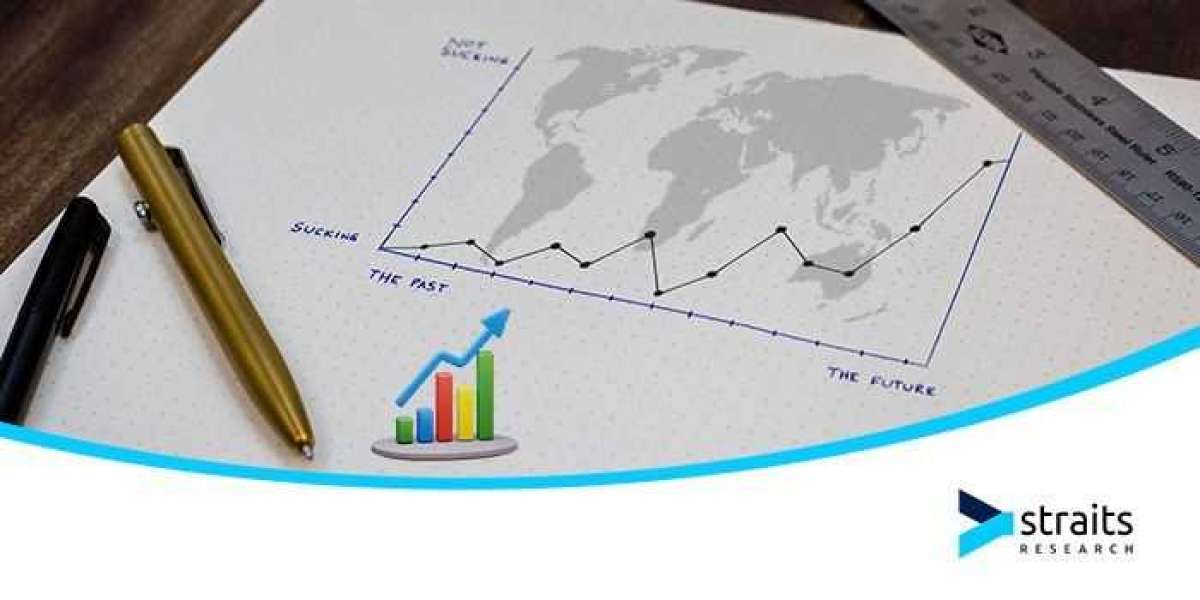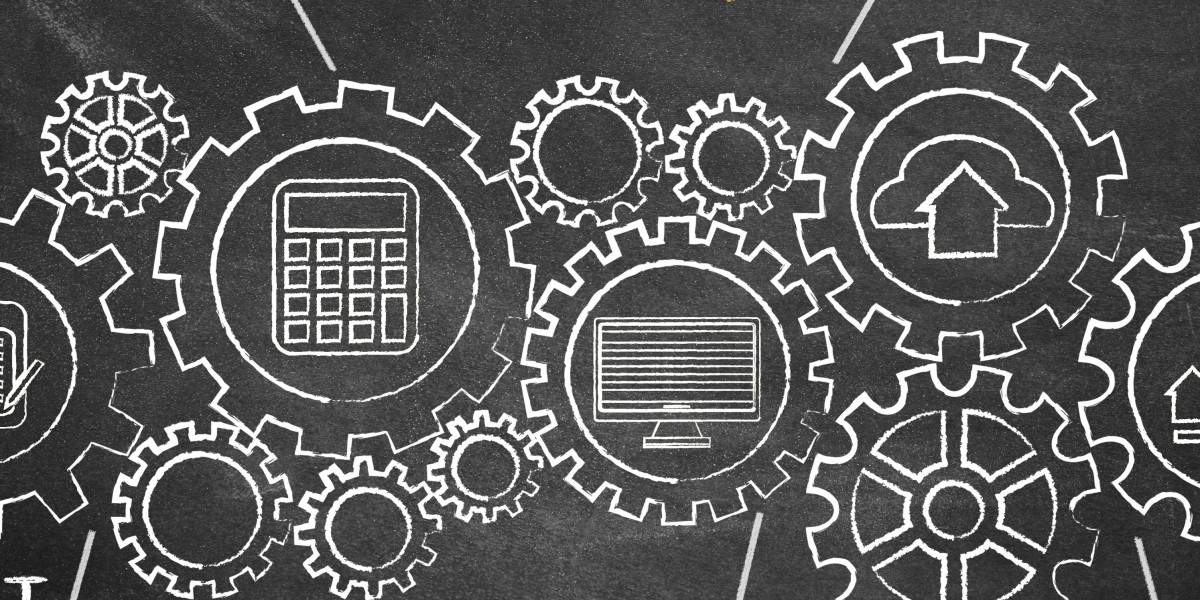The latest report by IMARC Group, titled" Artificial Intelligence in Life Sciences Market Report by Offering (Software, Hardware, Services), Deployment (On-premises, Cloud-based), Application (Drug Discovery, Medical Diagnosis, Biotechnology, Clinical Trials, Precision and Personalized Medicine, Patient Monitoring), and Region 2024-2032", offers a comprehensive analysis of the industry, which comprises insights on the market. The global artificial intelligence in life sciences market size reached US$ 2.4 Billion in 2023. Looking forward, IMARC Group expects the market to reach US$ 15.4 Billion by 2032, exhibiting a growth rate (CAGR) of 22.4% during 2024-2032.
Factors Affecting the Growth of the Global Artificial Intelligence in Life Sciences Industry:
- Growing Investments and Collaboration:
The surge in investments and collaborations between tech companies, pharmaceutical firms, and research institutions is a significant factor driving AI in the life sciences market. Venture capital investments in AI-driven biotech startups have been rising, reflecting confidence in AI's potential to transform life sciences. These financial influxes support the development of cutting-edge AI technologies and their applications in areas like drug discovery, where AI can significantly shorten the time required to bring new drugs to market. Collaborations between technology giants and life sciences companies are fostering innovation through the pooling of resources, expertise, and data. For example, partnerships aimed at developing AI-driven diagnostic tools or leveraging AI for large-scale genomic analyses are becoming more common.
- Integration of AI with Healthcare Systems:
The integration of AI with healthcare systems and electronic health records (EHRs) is another crucial driver of AI in life sciences. EHRs contain comprehensive patient data, including medical history, diagnoses, treatments, and outcomes, providing a rich source of information for AI applications. AI algorithms can analyze EHR data to identify trends, predict disease outbreaks, and personalize patient care. For instance, AI can predict patient deterioration in real-time, allowing for timely interventions and improved outcomes. Moreover, the integration of AI with EHRs facilitates precision medicine, where treatments are tailored to individual patient profiles, enhancing their efficacy and reducing adverse effects.
- Technological Advancements:
The burgeoning field of artificial intelligence (AI) in life sciences is significantly propelled by rapid advancements in machine learning (ML) and data analytics. These technologies enable the processing and analysis of vast datasets, which are essential in life sciences for tasks such as drug discovery, genomics, and personalized medicine. ML algorithms can identify patterns and correlations within biological data that are often imperceptible to humans. This capability is particularly beneficial in genomics, where AI can analyze genetic sequences to predict disease risks and responses to treatments. Additionally, AI-driven data analytics enhance the efficiency and accuracy of clinical trials by optimizing patient selection, monitoring, and data management. The continuous improvement of ML models, coupled with increasing computational power and sophisticated data management techniques, ensures that AI will remain a pivotal force in advancing life sciences research and applications.
For an in-depth analysis, you can request a sample copy of the report: https://www.imarcgroup.com/artificial-intelligence-in-life-sciences-market/requestsample
Leading Companies Operating in the Global Artificial Intelligence in Life Sciences Market
- AiCure LLC
- Apixio Inc. (Centene Corporation)
- Atomwise Inc
- Enlitic Inc.
- International Business Machines Corporation
- Insilico Medicine Inc.
- Nuance Communications Inc.
- NuMedii Inc.
- Sensely Inc.
- Sophia Genetics SA
Artificial Intelligence in Life Sciences Market Report Segmentation:
By Offering:
- Software
- Hardware
- Services
Software represents the largest segment as it encompasses a wide array of tools, platforms, and applications specifically designed to process, analyze, and interpret the immense volume of data generated in life sciences research.
By Deployment:
- On-premises
- Cloud-based
Cloud-based dominates the market as it offers unparalleled scalability and flexibility, which are crucial for the resource-intensive nature of AI applications in life sciences.
By Application:
- Drug Discovery
- Medical Diagnosis
- Biotechnology
- Clinical Trials
- Precision and Personalized Medicine
- Patient Monitoring
Drug discovery holds the largest market share as it can predict the pharmacokinetics and toxicity profiles of potential drugs.
Regional Insights:
- North America (United States, Canada)
- Asia Pacific (China, Japan, India, South Korea, Australia, Indonesia, Others)
- Europe (Germany, France, United Kingdom, Italy, Spain, Russia, Others)
- Latin America (Brazil, Mexico, Others)
- Middle East and Africa
North America’s dominance in the artificial intelligence in life sciences market is attributed to strong healthcare infrastructure and significant investments in AI research and development.
Global Artificial Intelligence in Life Sciences Market Trends:
One of the most prominent trends in the global AI in life sciences market is the increasing adoption of AI in drug discovery and development. Pharmaceutical companies are leveraging AI to streamline the drug discovery process, significantly reducing the time and cost associated with bringing new drugs to market. AI algorithms can rapidly analyze vast datasets, identify potential drug candidates, and predict their efficacy and safety profiles. Besides, the integration of AI with the Internet of Medical Things (IoMT) and wearable devices is an emerging trend in the AI life sciences market. IoMT encompasses a network of connected medical devices and applications that collect and share health data. Wearable devices, such as smartwatches and fitness trackers, continuously monitor various health parameters like heart rate, physical activity, and sleep patterns.
If you require any specific information that is not covered currently within the scope of the report, we will provide the same as a part of the customization.
About Us
IMARC Group is a leading market research company that offers management strategy and market research worldwide. We partner with clients in all sectors and regions to identify their highest-value opportunities, address their most critical challenges, and transform their businesses.
IMARC’s information products include major market, scientific, economic, and technological developments for business leaders in pharmaceutical, industrial, and high-technology organizations. Market forecasts and industry analysis for biotechnology, advanced materials, pharmaceuticals, food and beverage, travel and tourism, nanotechnology, and novel processing methods are at the top of the company’s expertise.
Our offerings include comprehensive market intelligence in the form of research reports, production cost reports, feasibility studies, and consulting services. Our team, which includes experienced researchers and analysts from various industries, is dedicated to providing high-quality data and insights to our clientele, ranging from small and medium businesses to Fortune 1000 corporations.
Contact Us:
IMARC Group
134 N 4th St. Brooklyn, NY 11249, USA
Email: [email protected]
Tel No:(D) +91 120 433 0800
United States: +1-631-791-1145


